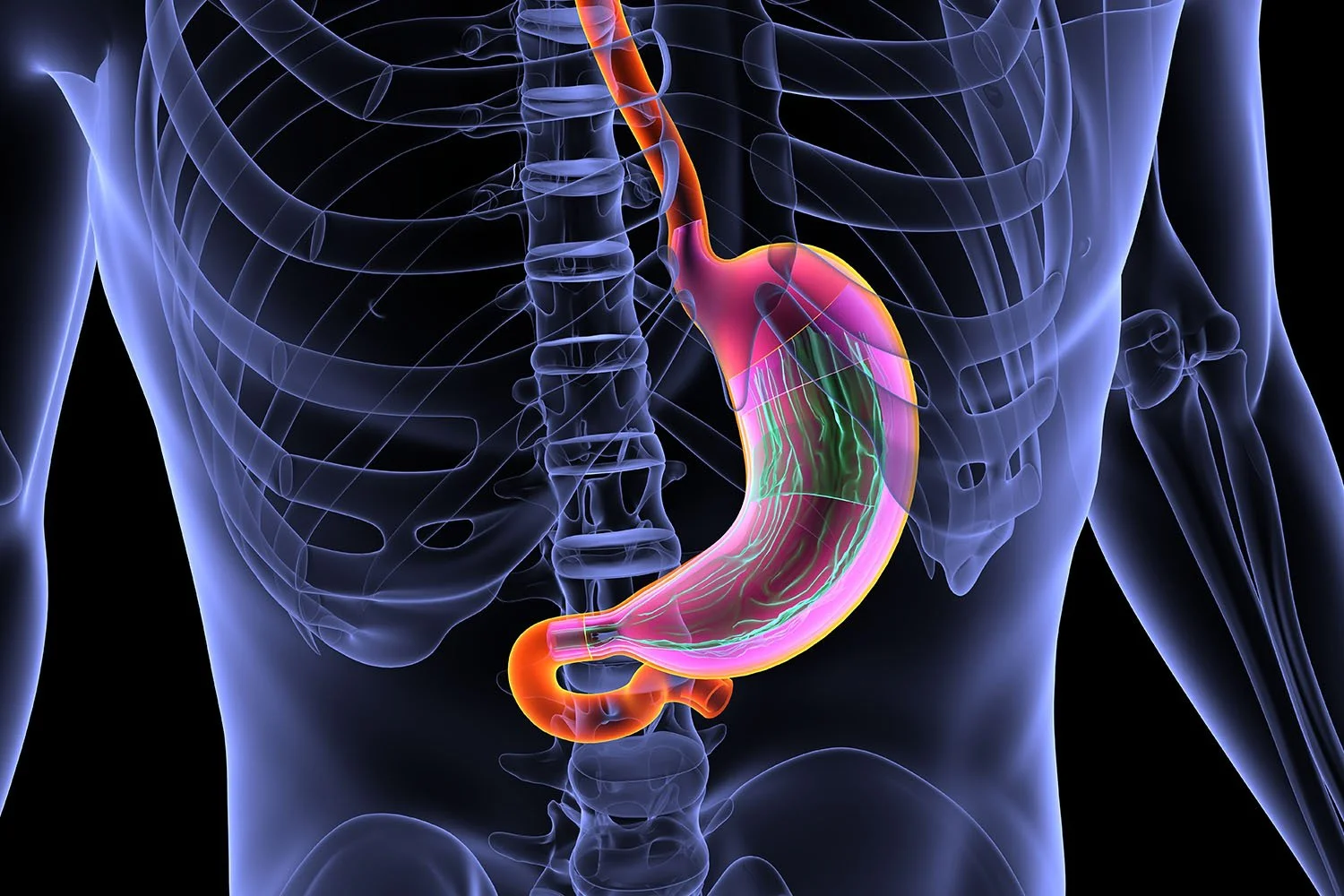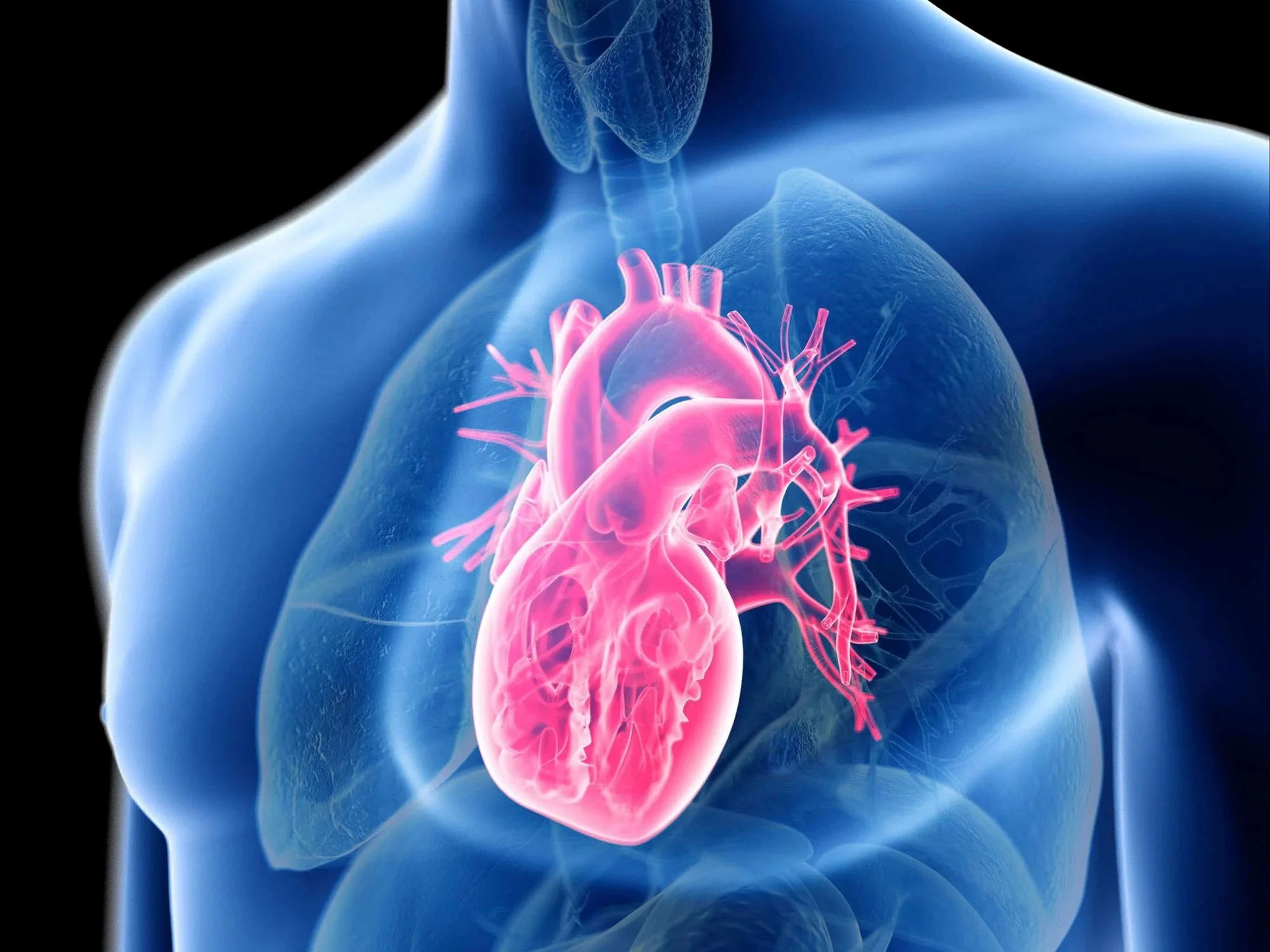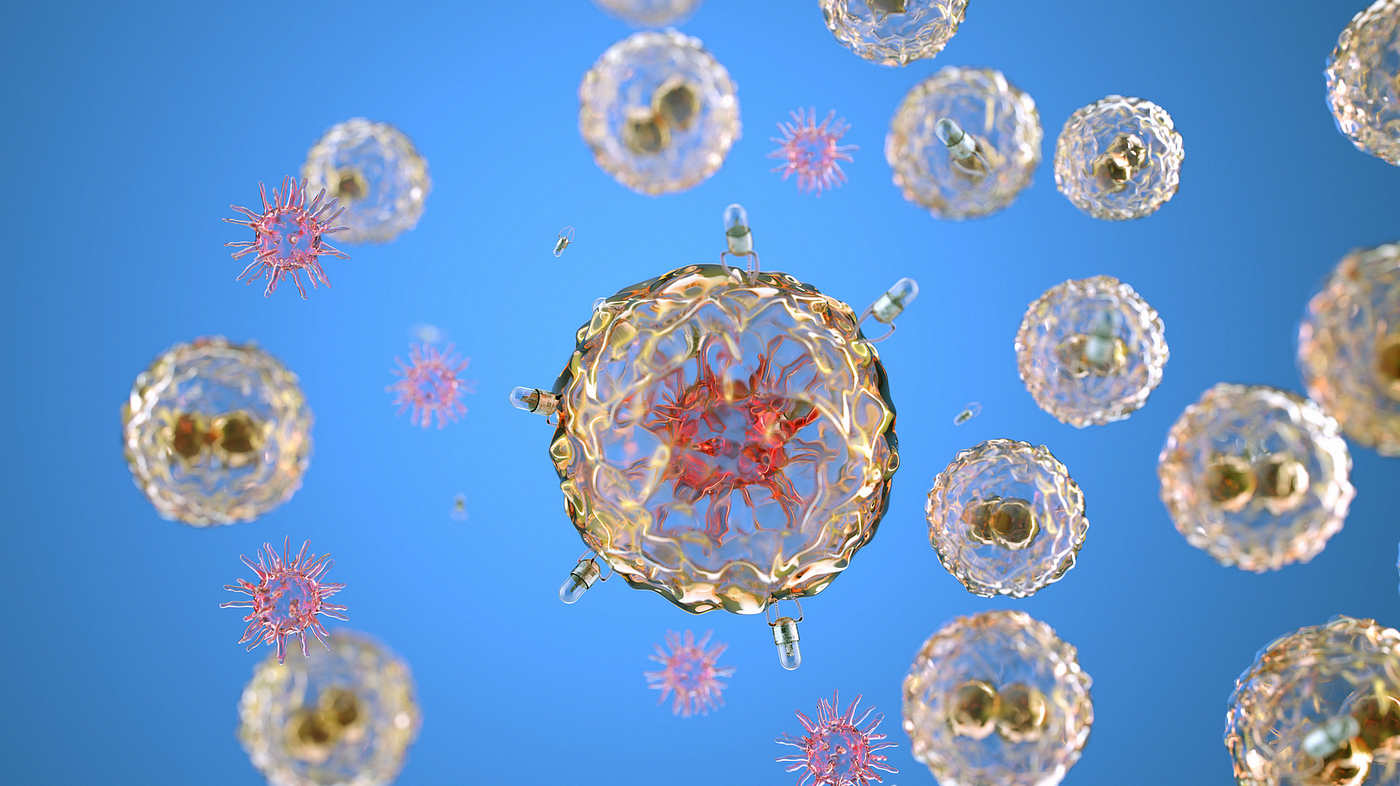The Science Behind Intermittent Fasting: Why It’s More Than Just a Trend
If you’ve ever tried skipping breakfast and felt like you were “fasting,” you’re not entirely wrong. Intermittent fasting (IF) is exactly that, eating during specific windows and fasting the rest of the time. But unlike crash diets or juice cleanses, intermittent fasting is backed by real science and works with your body, not against it.
In this article, we’ll break down what intermittent fasting is, what happens inside your body when you fast, and why researchers (and everyday people) are paying attention.
What Is Intermittent Fasting?
Intermittent fasting (IF) isn’t a diet. It’s an eating pattern. Instead of focusing on what you eat, IF focuses on when you eat.
Popular IF methods include:
• 16:8 method – Fast for 16 hours, eat during an 8-hour window
• 5:2 method – Eat normally for 5 days, restrict calories for 2 days
• 24-hour fast – One or two full fasting days per week
Humans have fasted for thousands of years either for religious reasons or because food simply wasn’t always available. Today, IF mimics that natural rhythm and gives your body time to reset.
What Happens To Your Body When You Fast?
Let’s simplify the science:
• 0–12 hours: Your body runs on glucose (from your last meal).
• 12–24 hours: Insulin levels drop, and your body starts using stored fat for energy.
• 24+ hours: A process called autophagy kicks in where your cells clean out old, damaged parts and regenerate.
Think of it as a deep clean for your body.
Science-Backed Benefits of Intermittent Fasting
Here’s what the research says about IF:
1. Fat Burning and Weight Loss
Fasting lowers insulin levels, which helps unlock fat stores for energy. People also
tend to eat fewer calories naturally because of the restricted eating window.
Source: Varady, K.A. (2011). Intermittent versus daily calorie restriction: which diet regimen is more effective for weight loss? Obesity Reviews.
2. Brain Boost
Fasting increases production of brain-derived neurotrophic factor (BDNF), which
protects brain cells and may reduce the risk of Alzheimer’s and Parkinson’s.
Source: Longo, V.D. & Panda, S. (2016). Fasting, circadian rhythms, and time-restricted feeding in healthy lifespan. Cell Metabolism.
3. Heart Health
IF may reduce blood pressure, cholesterol, and inflammatory markers all major
contributors to heart disease.
Source: Tinsley, G.M. & La Bounty, P.M. (2015). Effects of intermittent fasting on body composition and clinical health markers in humans. Nutrition Reviews.
4. Cellular Repair and Longevity
Fasting activates genes linked to longevity and cellular repair through autophagy a
process scientists believe may help delay aging.
Source: Madeo, F. et al. (2015). Caloric restriction mimetics: Towards a molecular definition. Nature Reviews Drug Discovery.
Who Should Be Cautious?
Intermittent fasting isn’t for everyone. You should talk to your doctor before starting IF, if
you:
• Are pregnant or breastfeeding
• Have diabetes or low blood sugar
• Struggle with disordered eating
• Are underweight or dealing with chronic health conditions
Listening to your body always comes first!
Final Thoughts
Intermittent fasting isn’t a miracle solution, but it’s a well-studied lifestyle tool that can help many people feel better, think clearer, and manage weight. It’s flexible, rooted in science, and surprisingly simple, once you get used to it.
If you’re curious, start small. Maybe delay breakfast by an hour or try a 12-hour overnight fast. Keep hydrated, eat whole foods during your eating windows, and focus on what makes you feel good.








